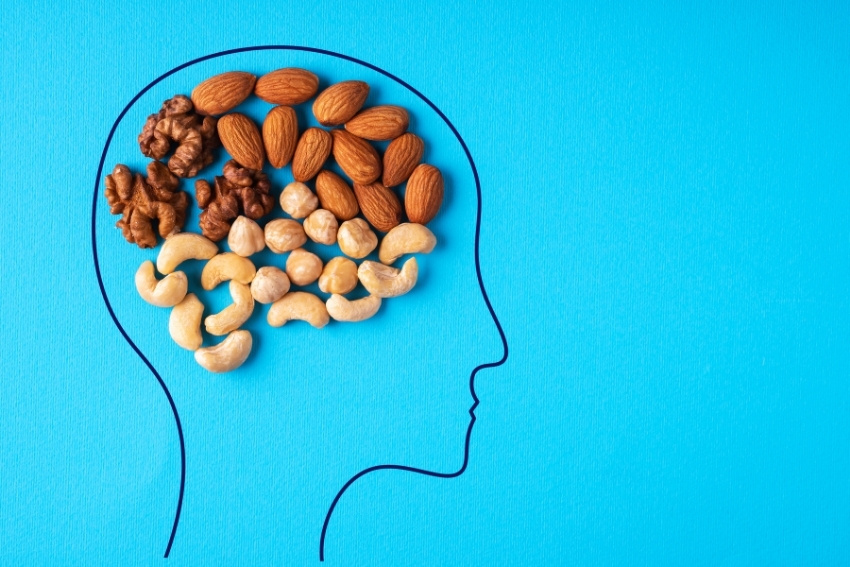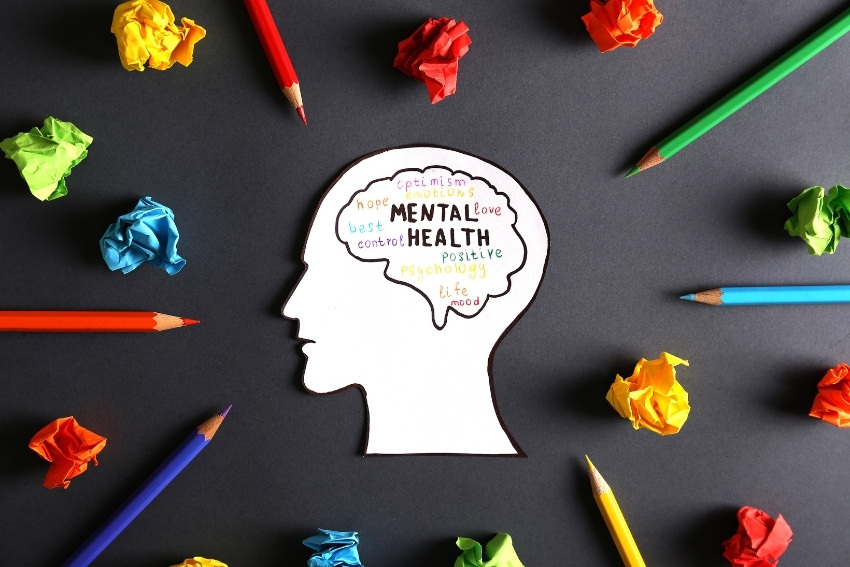5 Brain Foods to Boost Brain Health During Exam Season
Why is Food Important?
Ever heard of the phrase “You are what you eat”? 🤔 Your brain health is just as important as your education. Skipping breakfast or eating fast food may not have an immediate effect, but it will influence your future studies. That’s why you should learn about brain foods! 🧠
✏️ “A healthy brain offers cognitive benefits (e.g., better memory, higher levels of creativity, improved problem solving, and clearer thinking) and emotional benefits (e.g., better self-awareness and better emotional regulation) that can help you to live your best life in every way possible. – According to health coach Laura Sugden.
You should be energised and ready to conquer the day after a meal. If you feel sleepy and drained 😴, you may be experiencing a food coma. Eating the wrong foods causes negative effects on the body such as inflammation, restlessness and low energy levels.
Even though it’s tempting to consume fast food or caffeine, there have been numerous pieces of research done to showcase the link between bad eating habits and mental health problems. Whilst it may feel good for a moment, it’s better to invest in your future! Therefore, it is important to incorporate healthy foods into your diet to achieve the best grades you possibly can.
Below are 5 Examples of Food that Promote Good Brain and Mental Health During Your Exam Revision
1. Blueberries
Blueberries are high in antioxidants protecting our bodies from free radicals and helping to improve our mental health.
✏️ “Blueberries are believed to have one of the highest antioxidant levels of all common fruits and vegetables”, according to Healthline.
They are very nutritional and low in calories providing the body with many health benefits needed during exam season. Blueberries have also been proven to slow the rate of cognitive decline and prevent Alzheimer’s disease in adults.
In addition, they also help maintain brain function which is essential for your learning development and enhances a student’s chances of achieving the best grades in their exams.
✏️ “In one of these studies, nine older adults with mild cognitive impairment consumed blueberry juice every day. After 12 weeks, they experienced improvements in several markers of brain function.”
2. Dark Chocolate
Dark chocolate contains caffeine which has stimulant effects helping to improve focus, a key skill needed for your exam revision and exam success. This makes dark chocolate an excellent snack to eat before or after your exam revision. Dark chocolate also aids in improving your memory and concentration, increasing your productivity which enhances your learning experience. Dark chocolate also helps with verbal learning and attention, which are great qualities needed to enhance a great foundation in a child’s education helping them to ace their exams. With all the great benefits dark chocolate has to offer, it is important to eat it in moderation.
Also, you’ve heard that chocolate makes you happy?
✏️ “If you feel better after eating dark chocolate, there’s a scientific reason for that. Dark chocolate has long been associated with feelings of pleasure and enjoyment. Those feelings may originate from what are called polyphenolic compounds.” – according to Cleveland Clinic.
3. Fatty Fish
Fatty fish contain DHA and omega-3 fatty acids which are good for enhancing your concentration and memory. Some examples of fatty acids include cod, tuna, pollock and salmon which are all known to improve concentration. Fatty fish acts as a great substitute for red meat and helps with improving mental ability, mood and coordination. These are all great qualities needed to ensure that you’ll have a positive learning experience. Studying can tiring, but it should not be something that you dread. Multiple studies have shown that eating fish improves your brain ability and sleep.
4. Leafy Green Vegetables
Leafy greens are rich in lutein, phylloquinone, nitrate and vitamin K. These greens are mainly known to reduce cognitive decline and help fight dementia, increasing your productivity during exam revision. Examples of some great leafy greens are spinach, kale, lettuce, collards and broccoli.
✏️ “Adding more green leafy vegetables into your diet can support optimal brain health, fight belly bloat, relieve stress, support bone health, healthy aging, boost digestive enzymes, and tame the toxins, among many other health benefits.”
These foods also help and enhance your memory making it easier for students to remember their notes, especially during exams helping them to overcome stress and ace their exams.
5. Nuts

Nuts contain zinc, manganese, copper and many more. They are also rich in omega-3 fatty acids just like fatty fish. Omega 3 fatty acids are very important for the brain’s development and cognitive functions. The essential nutrients provided by nuts aid and promote healthy neurological function which is needed to promote good brain and mental health. As a result, you are able to concentrate and focus more and retain more knowledge and content during your online lessons.
✏️ “Nuts and seeds are often considered superfoods because they’re packed full of healthy fats, vitamins, and minerals.”
Eating nuts as a snack or even as a salad topping is a great way to incorporate these essential nutrients into your diet and promote a healthy lifestyle. So, the next time you are having an online lesson with your tutor, don’t forget to ask them what their favourite nut or healthy snack is.
What are the Other Benefits of Eating These Brain Foods?
Eating these great brain foods will help you prepare better for your exams or even during your revision. Not only do these brain foods improve your brain health, but they also boost your immune system, promote a good digestive system and sharper memory as well as lower your risks of some cancers which are vital to staying healthy.
If students don’t have a healthy diet, they increase their chances of many diseases and cancers and become very prone to illnesses. As a result, they will have poor nutrition, reduced focus and retention time as well as a struggle to concentrate. These are all bad qualities to have during a child’s development and learning journey. As well as that, students will lose interest in learning and therefore achieve low grades, which could potentially affect their exam success, future and health.
Health is wealth. It is very important to start out with a healthy mind and diet. Incorporating healthy brain foods such as the ones mentioned above, provide great benefits such as better memory, faster information processing and alertness. These are all great qualities needed during your online lessons with your tutor, helping you to work and achieve the best grades for your exam.
Below are some additional healthy brain foods if you are feeling a bit peckish.
📌 Tomatoes
📌 Pumpkin seeds
📌 Eggs
📌 Green Tea
📌 Turmeric
📌 Blackcurrants
📌 Strawberries
To Sum Up
Eating healthy foods helps you to achieve academic success, enhance your growth development as well as prevent many diseases and cancers. In addition, your brain health increases, which promotes and has a positive impact on exam revision and academic progress, whether you’re studying mathematics or complex topics like psychological abnormality in A-level Psychology.
If you think you need extra help with revision whether it be for A-levels, GCSEs or typical school tests, you can always find additional help! Read about the benefits of online tutoring and see if that is your cup of tea. You can visit Edumentors.co.uk and book a free session anytime.
📚 Try not to pull all-nighters. Experiment with different revision techniques and improve your mental health. Grades do not define you. Try to remember that your friends and family don’t love you for your test scores. If your nerves get in the way during tests, read how to overcome exam anxiety.
If you think that one of your friends may learn something new too from this article, feel free to share.
The best of luck to you!








